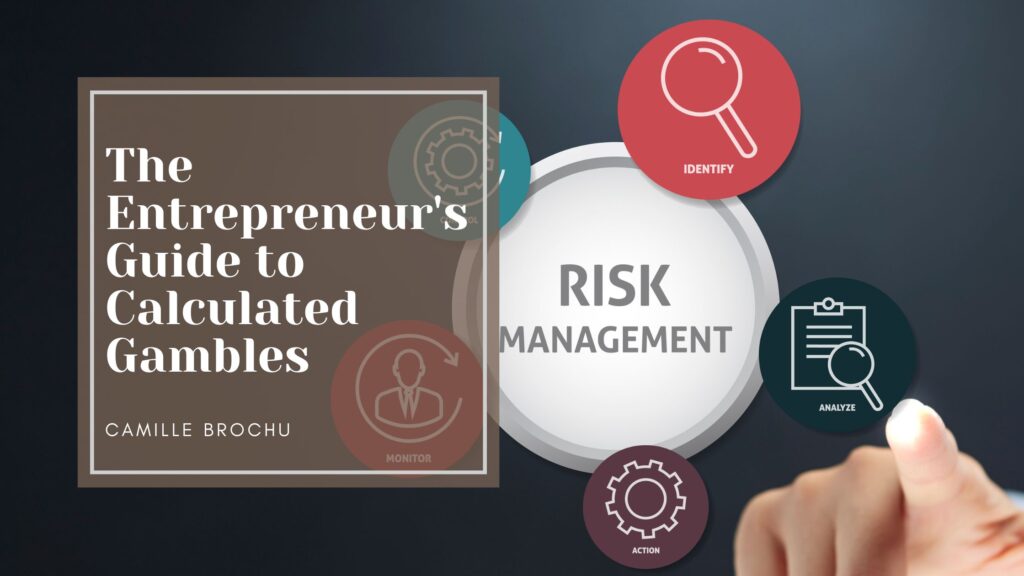
Entrepreneurship is often associated with risk-taking, and calculated gambles are pivotal in building a successful business. While “gamble” might imply a degree of uncertainty, successful entrepreneurs recognize the importance of strategic decision-making and risk management.
Here is a guide for entrepreneurs on how to take calculated gambles and navigate the uncertainties inherent in the business world:
Market Research and Analysis:
Before making any significant business decision, conduct thorough market research. Understand the industry landscape, consumer behavior, and emerging trends. Analyze data to identify opportunities and potential challenges. A well-informed decision is the foundation of a calculated gamble.
Risk Assessment:
Assess the risks associated with a potential business move. Consider the potential impact on finances, resources, and reputation. Evaluate the probability of success and failure, and be realistic about the challenges ahead. Understanding the risks allows for better preparation and mitigation strategies.
Clear Goals and Objectives:
Define clear and measurable goals for your business. Whether entering a new market, launching a product, or pursuing a strategic partnership, articulate what success looks like.
Financial Preparedness:
Evaluate the financial implications of your decision. Ensure that your business is financially prepared to absorb potential setbacks. Have a contingency plan in place to address unforeseen challenges. Financial stability is a crucial component of taking calculated risks.
Learn from Past Experiences:
Reflect on past business experiences and learn from both successes and failures. Analyze what worked well and what didn’t. Use these insights to inform your decision-making process and avoid repeating mistakes. Learning from experience adds a layer of calculation to future gambles.
Network and Seek Expert Advice:
Leverage your professional network and seek advice from industry experts. Connect with mentors who have experience in similar situations. Their perspectives and insights can provide valuable guidance and help you make more informed decisions.
Scenario Planning:
Conduct scenario planning to anticipate different outcomes of your calculated gamble. Consider best-case, worst-case, and most likely scenarios. This exercise helps develop strategies to navigate various situations and prepares you for unforeseen challenges.
Agility and Adaptability:
Embrace agility and adaptability as core attributes of your business. The ability to pivot and adjust strategies based on evolving circumstances is crucial. Entrepreneurs who are flexible in their approach are better equipped to handle uncertainties.
Balancing Intuition with Data:
While data-driven decision-making is essential, don’t underestimate the value of intuition and entrepreneurial instincts. A successful entrepreneur can balance quantitative data with qualitative insights, allowing for a more holistic understanding of the situation.
Communication and Transparency:
Keep stakeholders informed about your calculated gambles, including your team and investors. Transparent communication builds trust and ensures everyone is on the same page regarding the potential risks and rewards. It also fosters a culture of collaboration and shared responsibility.
Taking calculated gambles is an inherent part of entrepreneurship. By combining diligent research, risk assessment, clear goal-setting, financial preparedness, learning from experience, seeking advice, scenario planning, agility, testing, intuition, transparent communication, and a growth mindset, entrepreneurs can navigate uncertainties with a strategic approach.
